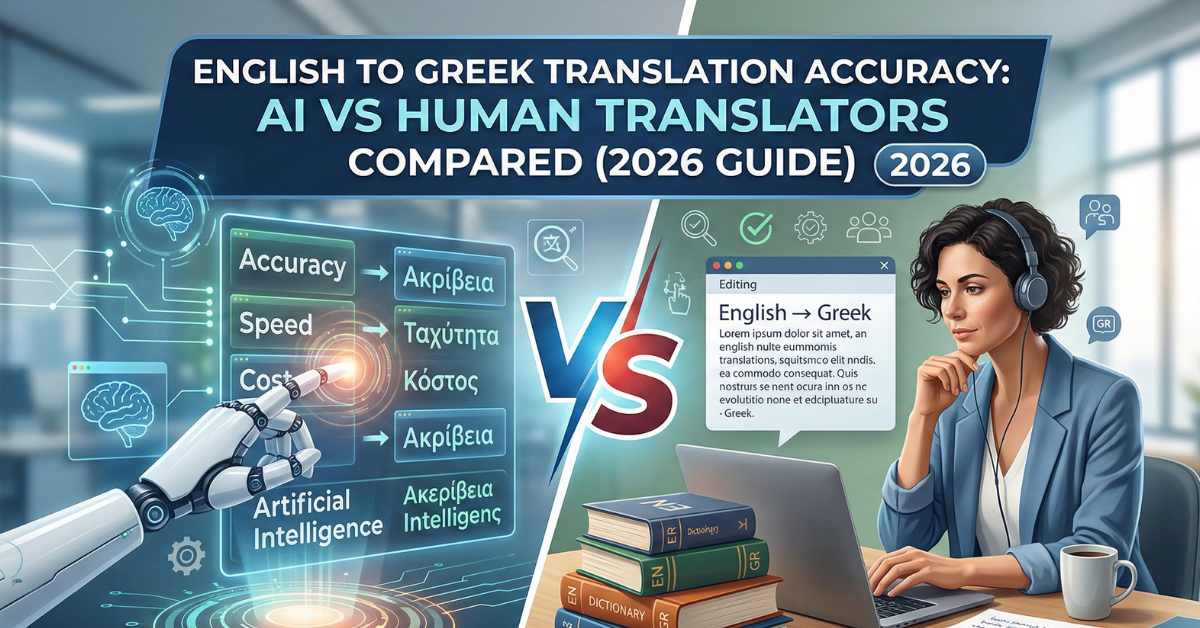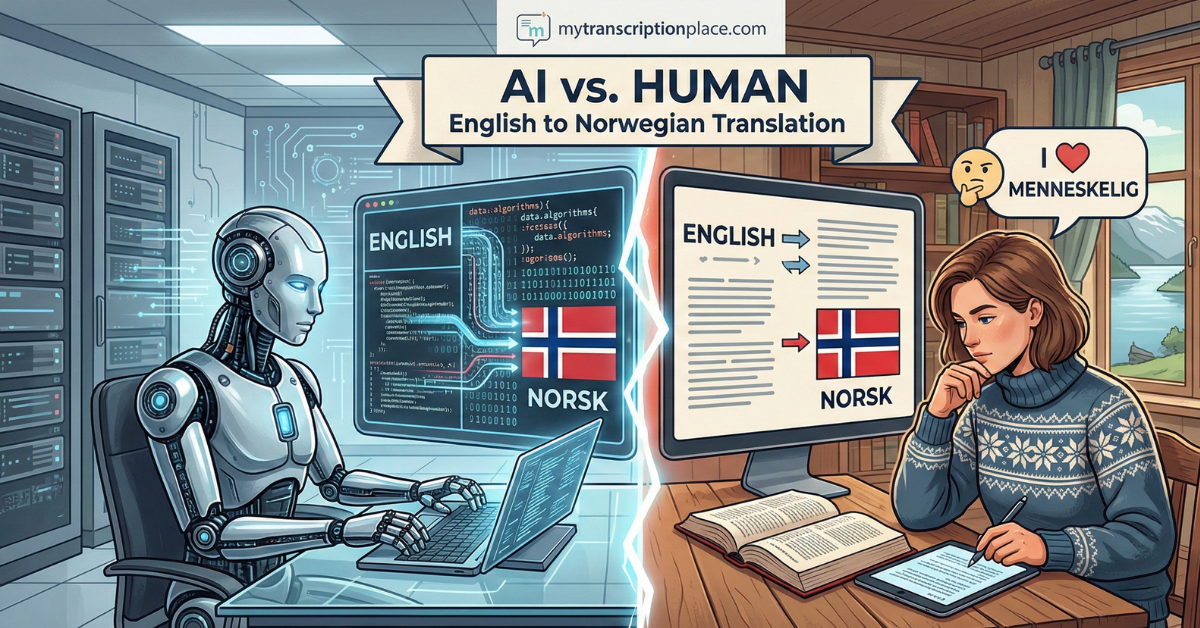Automatic Spanish Transcription Tools: Are They Reliable?
Dec 18, 2024, Nishi SinghTranscribing audio and video content is a time-consuming task that can often hinder productivity and efficiency. Thankfully, advancements in technology have given rise to automatic transcription tools, which promise to simplify the process and save valuable time. However, when it comes to Spanish transcription, there are unique challenges and considerations to keep in mind. In this blog post, we will delve into the topic of automatic Spanish transcription tools, exploring their reliability, accuracy, and the factors to consider when choosing a transcription service. Whether you are a researcher, a content creator, or someone in need of accurate transcriptions for legal or business purposes, understanding the capabilities and limitations of these tools is crucial. So let's dive in and explore the world of automatic Spanish transcription!
The Importance of Accurate Transcriptions
Transcriptions play a vital role across a wide range of industries and domains, serving as an indispensable tool for various professionals. From academic research and legal proceedings to content creation, journalism, and market research, audio transcription is essential for ensuring accuracy, efficiency, and accountability. They provide a clear textual representation of spoken content, making it easier to analyze, search, and reference important information. For instance, in legal settings, transcriptions ensure that every detail of a testimony or deposition is accurately documented.In academic research, they allow for precise analysis of interviews, focus groups, or lectures. Accurate transcriptions not only ensure clarity and precision but also improve accessibility, enabling individuals with hearing impairments to engage with content. This is especially significant in multilingual contexts, such as Spanish, where transcriptions can facilitate better understanding, language learning, and cultural exchange. Their importance cannot be overstated as they help bridge gaps in communication and uphold the integrity of information across industries.
Challenges of Spanish Transcription
Spanish is a rich and diverse language with various dialects and regional variations. It has unique pronunciation patterns, intonations, and vocabulary, which can pose challenges for automatic transcription tools. Additionally, Spanish has different accents and speech characteristics across countries, making it crucial to choose a tool that can handle these variations effectively. The accuracy of automatic transcription tools in capturing the nuances of Spanish speech becomes a key consideration when deciding on a reliable solution.Factors to Consider in Choosing a Transcription Services
When evaluating automatic transcription tools for Spanish, there are several factors to consider to ensure reliability and accuracy:Accuracy and Quality: Look for a tool or service that boasts a high accuracy rate in Spanish transcription. Consider their track record and customer reviews to gauge their reliability.
Language Support: Verify that the tool specifically supports Spanish transcription. It should be able to handle different dialects, accents, and variations within the Spanish language.
Customization Options: A good transcription tool should offer customization options to adapt to specific requirements. This includes the ability to adjust for speaker identification, timestamps, and formatting preferences.
Data Security and Confidentiality: Choose a tool or service that prioritizes the security and confidentiality of your data. Ensure that they have robust safeguards in place to protect sensitive information.
Cost and Turnaround Time: Consider the pricing structure and turnaround time offered by the transcription service. Compare different options to find the one that provides a balance between affordability and timely delivery.
By carefully considering these factors, you can make an informed decision when selecting an automatic Spanish transcription tool or service for your specific needs. For video transcription needs, it's essential to choose a tool or service that is capable of accurately transcribing spoken content into written text, ensuring accessibility and ease of understanding.
In conclusion, automatic transcription tools offer a promising solution for simplifying the Spanish transcription process. However, it is vital to assess their reliability and accuracy, especially when dealing with the complexities of the Spanish language. By understanding the challenges, considering the factors mentioned above, and choosing a reputable transcription service, like myTranscriptionPlace you can ensure reliable and accurate Spanish transcriptions that meet your requirements.






